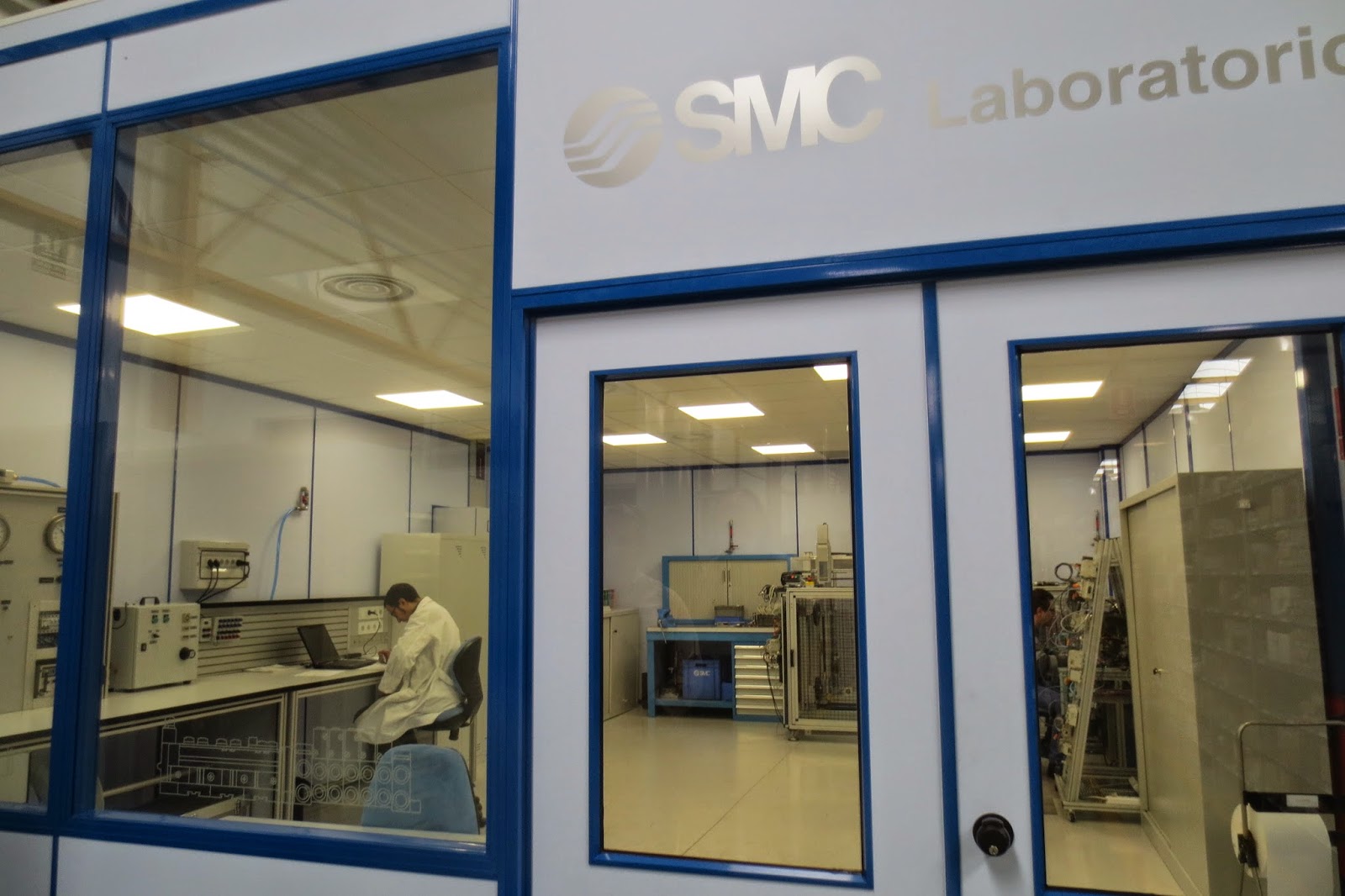On May 28-30, 2014, the basque government hosted the International Congress on Vocational Training in
Donasita-San Sebastian, in the Basque region of Spain. A panel of five women from the United States representing the Steering Committee of the Obama administration's new strategy on Advanced Manufacturing presented the ongoing and accelerated work in our country's community and technical colleges to better support U.S. manufacturing. This presentation reviewed national and local initiatives to better align education and training programs to meet workforce needs of manufacturers in the same way FLATE, the Florida Department of Education and college partners have been institutionalizing in Florida for the past several years.
Given FLATE's longstanding partnership with several institutions in the Basque region, I was among the invited delegates to attend the conference. This International Conference is set up as a “Meeting for Collaboration between Vocational Training Centers" from 45 countries, to consolidate relations and cooperation and improvement of vocational training around the world. Speakers from over 10 countries discussed and focused on issues/innovations from their countries. The 400 invited delegates also toured Usurbilgo Landbide Eskola and Tknika Center for Innovation in Vocational Education, the Basque government’s amazing place and space for fostering applied research in science and technology with technical education.
Donasita-San Sebastian, in the Basque region of Spain. A panel of five women from the United States representing the Steering Committee of the Obama administration's new strategy on Advanced Manufacturing presented the ongoing and accelerated work in our country's community and technical colleges to better support U.S. manufacturing. This presentation reviewed national and local initiatives to better align education and training programs to meet workforce needs of manufacturers in the same way FLATE, the Florida Department of Education and college partners have been institutionalizing in Florida for the past several years.
Given FLATE's longstanding partnership with several institutions in the Basque region, I was among the invited delegates to attend the conference. This International Conference is set up as a “Meeting for Collaboration between Vocational Training Centers" from 45 countries, to consolidate relations and cooperation and improvement of vocational training around the world. Speakers from over 10 countries discussed and focused on issues/innovations from their countries. The 400 invited delegates also toured Usurbilgo Landbide Eskola and Tknika Center for Innovation in Vocational Education, the Basque government’s amazing place and space for fostering applied research in science and technology with technical education.
Several
common themes emerged over the three-day congress. There now appears to be a
growing need, not only in the United States, but also around the world for more
vocational education and training (VET). All speakers discussed strategies for
increasing vocational training access and desirability as well as positioning VET
as part of the solution to the high levels of youth unemployment which is also
a common theme as well as a big concern. Many innovations in delivery and
access were offered including several ideas to “guarantee” placements in
appropriate fields within a designated time frame upon completion of training
as one measure to attract young people.
The
“skills gap” message was loud and clear from all formal speakers, and many informal
networking
conversations zeroing in on the need for highly skilled workers in “middle-skill jobs”. The dizzying pace of technology changes in all industry sectors and the importance of keeping the technical programs aligned and updated were also addressed in all venues. Strong support from the political leaders and government officials was also clear and supported the growing importance of VET for long and short-term economic prosperity.
conversations zeroing in on the need for highly skilled workers in “middle-skill jobs”. The dizzying pace of technology changes in all industry sectors and the importance of keeping the technical programs aligned and updated were also addressed in all venues. Strong support from the political leaders and government officials was also clear and supported the growing importance of VET for long and short-term economic prosperity.
Of course,
it was lovely to be in San Sebastian again and reconnect with colleagues and
friends at Tknika,
Usurbil, SMC Training and the Global Training Initiative. I was able to observe first-hand the extensive growth of Tknika’s innovation projects and an amazing increase of participation in all projects from research institutions in just two years. Making applied research the common platform for technical education and training, industrial innovations, entrepreneurialism/idea incubation and the connection to basic university research is a great objective. However, providing the space, resources and opportunities in a shared and unthreatening environment to accomplish that objective is a great challenge. Hat’s off to Jorge Arévalo, deputy minister for vocational education and training for doing that and putting Tknika on the global map in the world of VET.
Usurbil, SMC Training and the Global Training Initiative. I was able to observe first-hand the extensive growth of Tknika’s innovation projects and an amazing increase of participation in all projects from research institutions in just two years. Making applied research the common platform for technical education and training, industrial innovations, entrepreneurialism/idea incubation and the connection to basic university research is a great objective. However, providing the space, resources and opportunities in a shared and unthreatening environment to accomplish that objective is a great challenge. Hat’s off to Jorge Arévalo, deputy minister for vocational education and training for doing that and putting Tknika on the global map in the world of VET.
You
can learn more about these at the following links:
- http://tinyurl.com/kjh6fu7 the congress mtg link
- http://www.tknika.net/liferay/en/tknika: Tknika
- http://www.lhusurbil.com/web/english.html: Usurbil
- http://tinyurl.com/nk4qyrd Global Training Grant






















